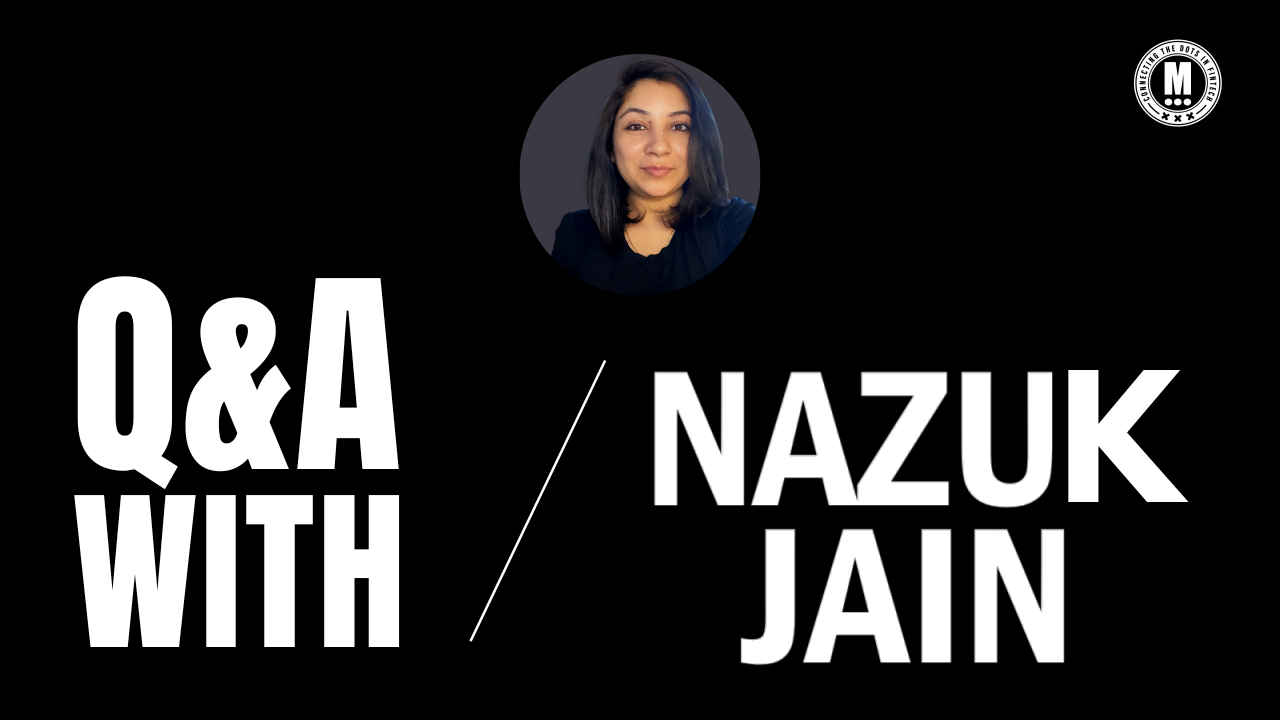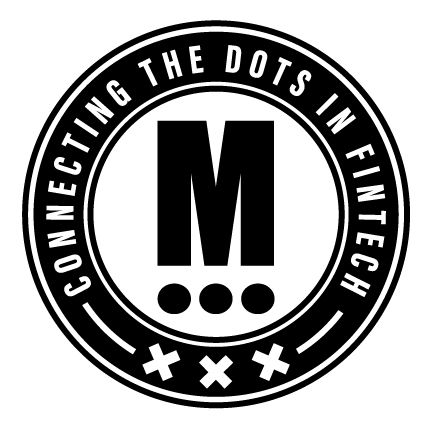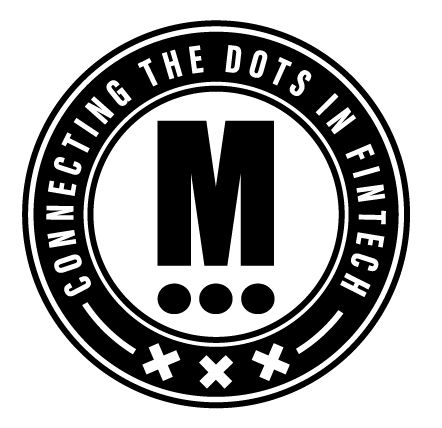Q&A with Nazuk Jain

Today it’s my pleasure to present my latest Q&A with the VP of Product and Innovation at PayQuicker, Nazuk Jain.
Before we start, I have two suggestions:
- If you haven’t done this yet, follow her on LinkedIn here,
- You can also follow her work at the company and learn more about global payout by following Payquicker here.
Let’s get to it!
Tell us about your journey in FinTech?
My journey in FinTech has been exhilarating, to say the least. With a Masters in Engineering Management, and key innovation roles at JP Morgan Chase and Wells Fargo, I've had the opportunity to navigate various experiences that have honed my skills in product management and strategic leadership. The dynamic nature of FinTech, with its constant evolution and endless innovation, truly excites me.
At PayQuicker, I love leading initiatives that redefine the global payout experience for our customers. I'm particularly excited by the potential of AI in real-time payment solutions to transform the industry, enhance security, and deliver personalized user experiences. My enthusiasm keeps me committed to making a significant impact in payments, shaping PayQuicker's journey as a leader in global payouts orchestration.
What are your responsibilities at PayQuicker?
As the Vice President of Product and Innovation at PayQuicker, I lead new initiatives in our expanding toolkit of global payout orchestration solutions. My primary focus is on growing our product offering by developing new products and enhancing new ones that continue to serve the needs of global demographics. For instance, we just launched Insta-Pay, a powerful new solution enabling businesses to offer on-demand earned income access. With Insta-Pay, individuals no longer have to wait for traditional paydays and can instead request access to their hard-earned income in real-time, anytime. This initiative is just one example of how we strive to add value for our customers and their end-users.
What was the biggest challenge you faced this year, and how did you navigate it?
Building a product team from the ground up and establishing a robust product management function was a significant challenge. In B2B product management, we cater to both our customers and their end-users, adding layers of complexity. Picture a Venn diagram: one circle for our customers, another for their customers, and a third for our ecosystem partners. Our daily challenge is to balance cutting-edge solutions for our customers (Payors) and top-tier payout products for the payees while addressing the unique needs of our partners.
Agility is key in our product team. We operate dynamically, with processes designed to support and enhance success rather than impede it. This balance is crucial not only to meet current demands but also to adapt to the evolving landscape. PayQuicker is a dynamic force in B2B transactions, and our product team is at the heart of this transformation.
What do you see as the biggest threat and opportunity in the payments industry right now?
The biggest threat is the lag in technological adoption of AI by traditional banking institutions. While FinTech companies are leveraging AI to revolutionize payment processes and enhance security, traditional banks struggle with legacy systems and slower technological integration. This gap exposes them to increased cyber threats and inefficiencies. As consumers gravitate towards AI-powered payment experiences, traditional banks risk losing relevance and market share.
Conversely, the biggest opportunity lies in AI-driven innovations. FinTechs are using AI for fraud detection, risk management, and personalized customer experiences, reshaping the payment landscape. As the industry progresses, businesses and consumers benefit. PayQuicker offered real-time payments long before it became standard. Our mature, time-tested technology provides genuine real-time payment solutions, showcasing the potential of AI in creating seamless, secure payout experiences.
How important is payout orchestration in differentiating PayQuicker from other payments companies?
Payout orchestration is crucial in setting PayQuicker apart from other payments solutions. It involves the seamless management of various payout methods and channels to ensure cost-effectiveness, efficiency, and timely disbursements. By integrating multiple global payout options into a single platform, we provide our customers with flexibility and reliability in their payout processes. This orchestration reduces complexity, minimizes errors, and enhances the user experience for both payors and payees.
Our commitment to global payout orchestration reflects our dedication to innovation and client satisfaction. It allows us to adapt to the diverse needs of our customers and their end-users, offering tailored solutions that traditional payment systems often cannot match. This approach not only improves operational efficiency but also strengthens our competitive edge in the market.
What is the significance of building products and innovations for emerging industries?
The evolution happening in emerging industries like the gig and on-demand economy, global workforce and payroll, affiliate networks, and marketplaces and platforms presents significant opportunities for innovation in global payouts orchestration. Building products and features tailored to these industries is essential for staying relevant and competitive. These sectors have unique needs and challenges that require specialized solutions.
For the gig and on-demand economy, flexible and real-time payment solutions are critical. Workers need quick access to their earnings, and our real-time payout capabilities cater perfectly to this demand. In the workforce and payroll sector, we focus on secure, accurate, and efficient payroll solutions that streamline the payment process for businesses and employees alike.
Affiliate networks and marketplaces benefit from our ability to manage complex payout scenarios involving multiple payees and payout methods. By offering robust and adaptable solutions, we empower these businesses to scale efficiently while maintaining smooth and secure payout operations.
Addressing the specific requirements of these evolving industries not only enhances our product offerings but also positions PayQuicker as a leader in global payouts orchestration. Our ability to innovate and provide targeted solutions ensures we meet the evolving needs of our customers and their diverse user bases.
How can women in FinTech advance their careers?
Career advancement involves a mix of skills, visibility, and strategic relationships. Here are five key strategies:
- Networking: Build a strong professional network. Attend industry events, join women-focused groups, and connect with mentors and potential sponsors.
- Mentorship and Sponsorship: Seek mentors for guidance and sponsors to advocate for your advancement within the company.
- Skill Development: Continuously enhance your skills and stay updated on industry trends and technologies.
- Visibility: Take on high-visibility projects, speak at industry events, and write articles to increase your professional presence.
- Self-Advocacy: Communicate your career aspirations clearly with your supervisor and advocate for your achievements and goals.
Additionally, cultivating self-confidence and assertiveness is crucial. Believe in your abilities, seek feedback, and use it for continuous improvement.
Any final thoughts?
My journey and experiences in FinTech have helped drive PayQuicker's growth in global payouts orchestration. Drawing on key learnings from my early career and leveraging my extensive experience in payments and emerging technologies, I’ve found myself more passionate and dedicated than ever before. My focus on building the global payouts orchestration platform of tomorrow for the emerging industries of today underscores PayQuicker's unique value proposition.
As I continue to lead product and innovation initiatives at PayQuicker, I remain committed to growth and industry leadership, and along with our team’s collective efforts, we’ll continue to meet the demands of today, while innovating for the challenges of tomorrow.


Comments ()